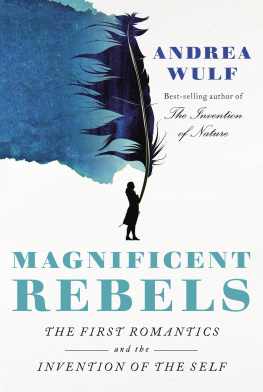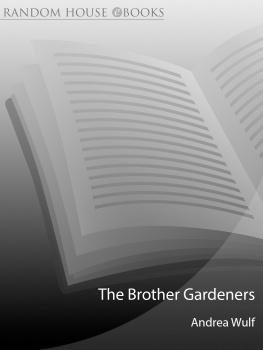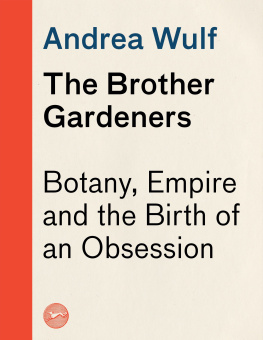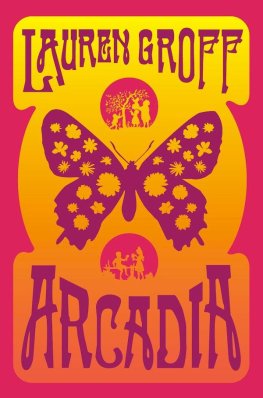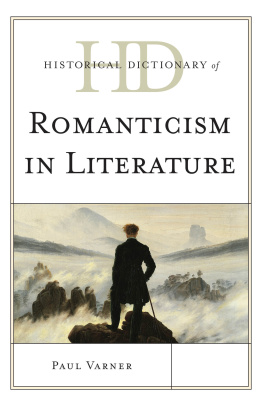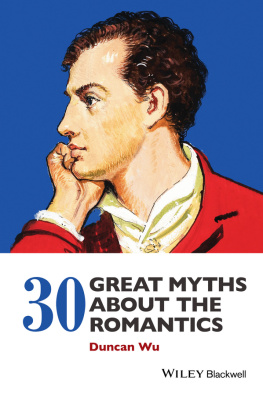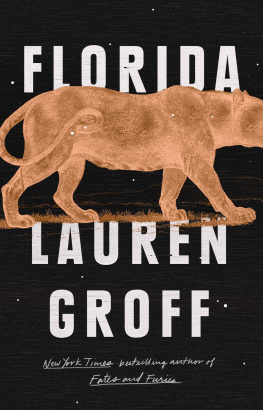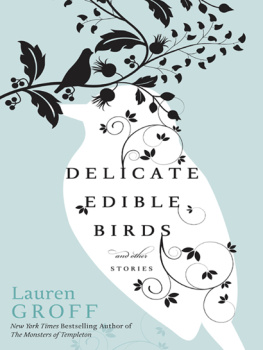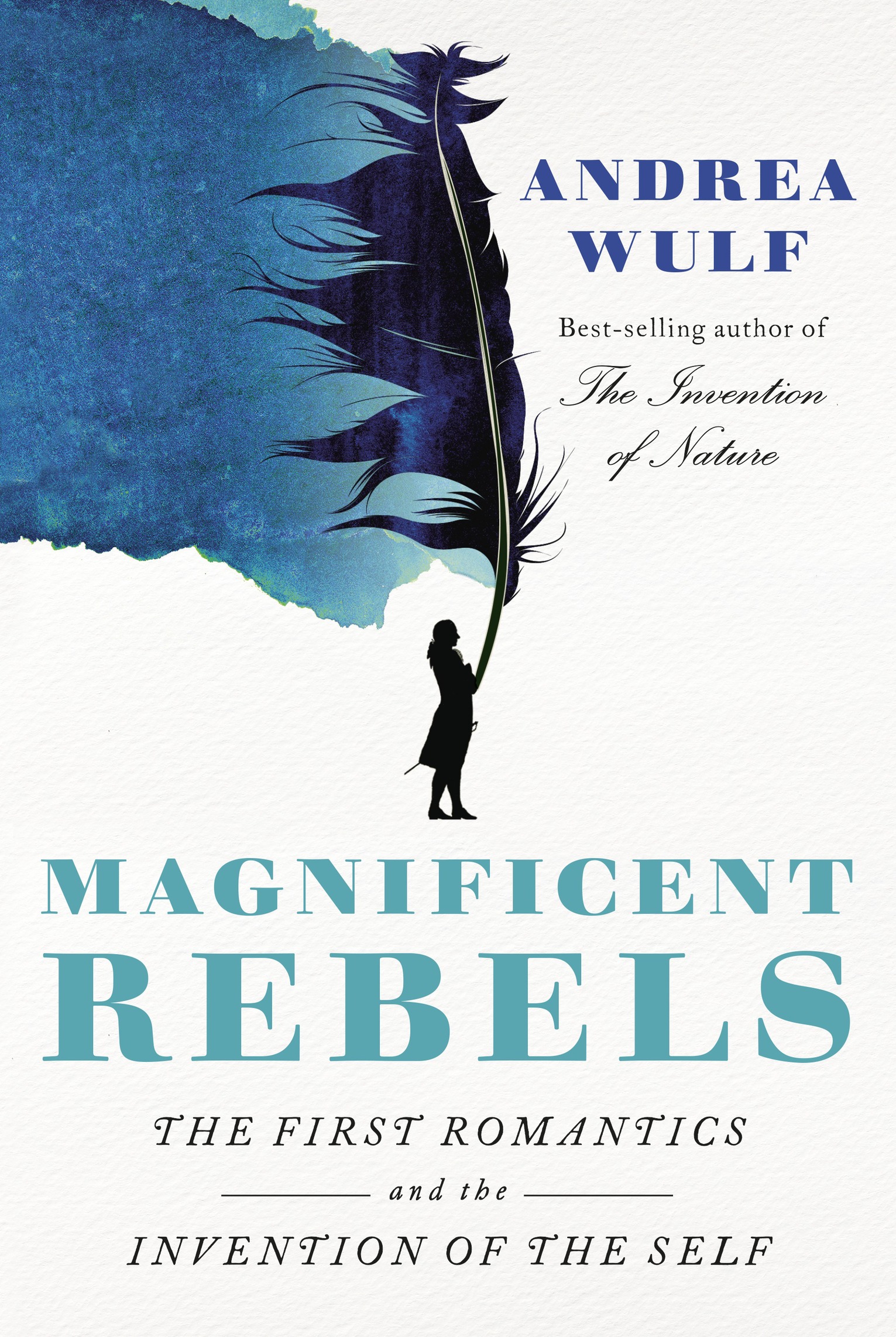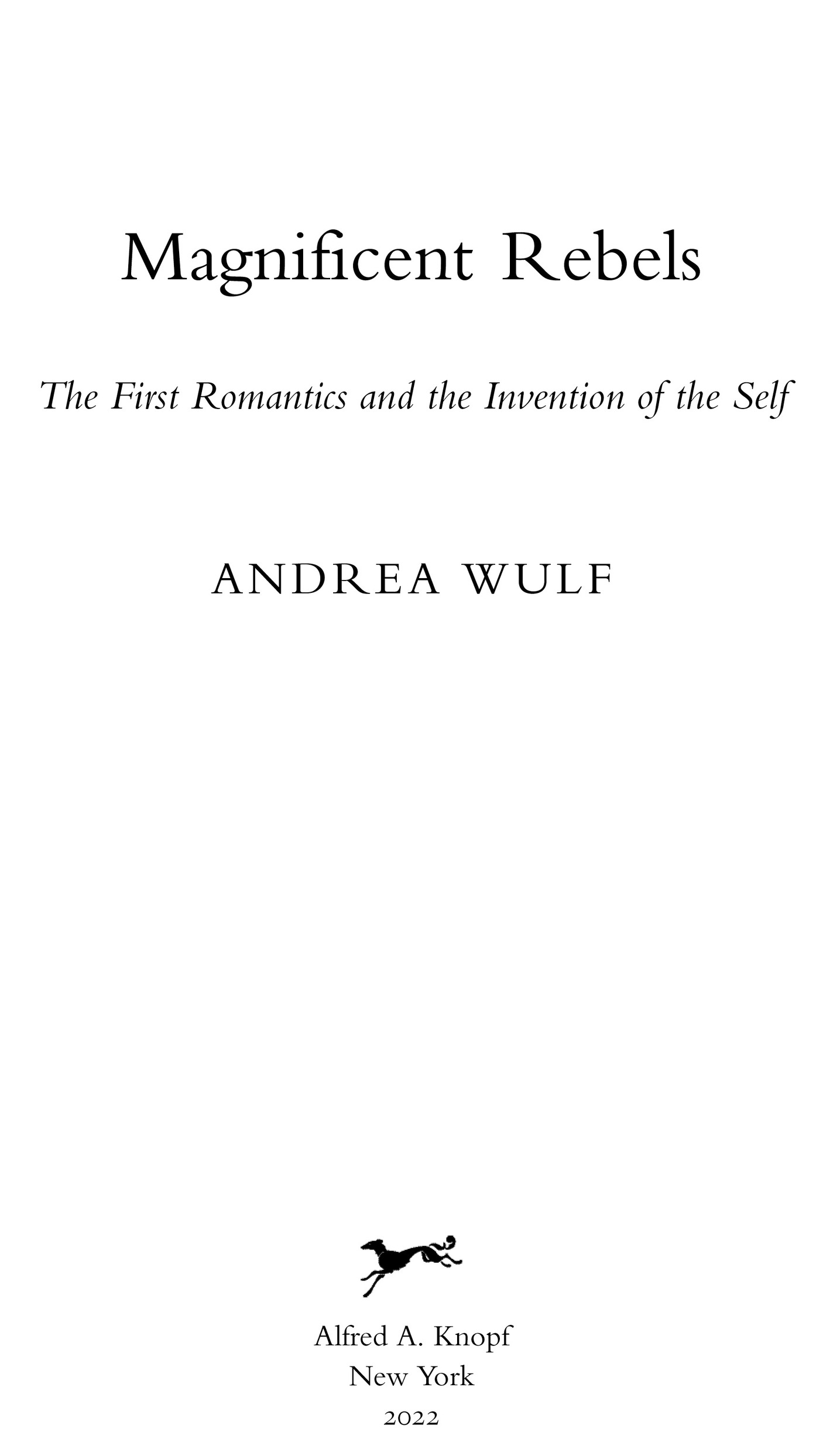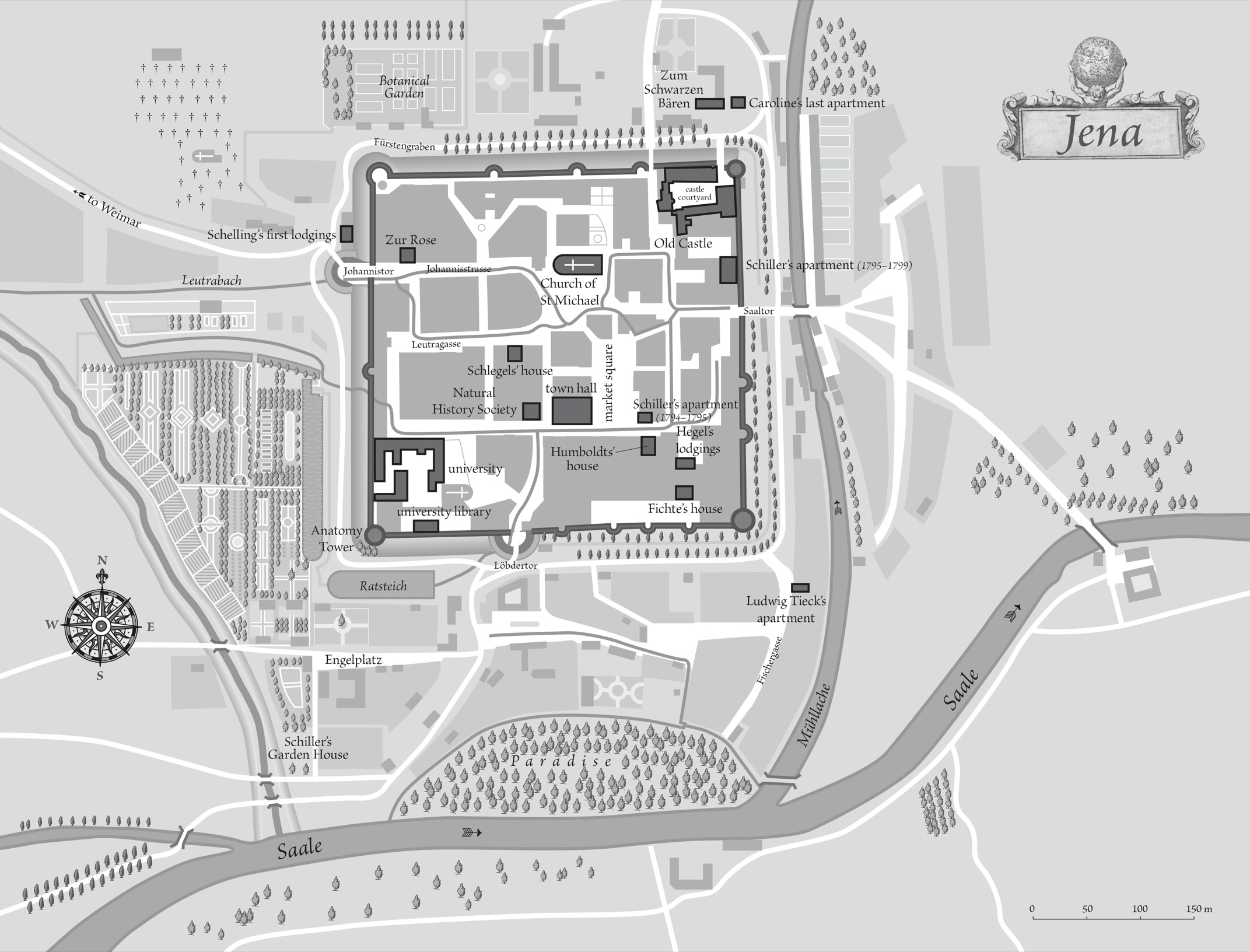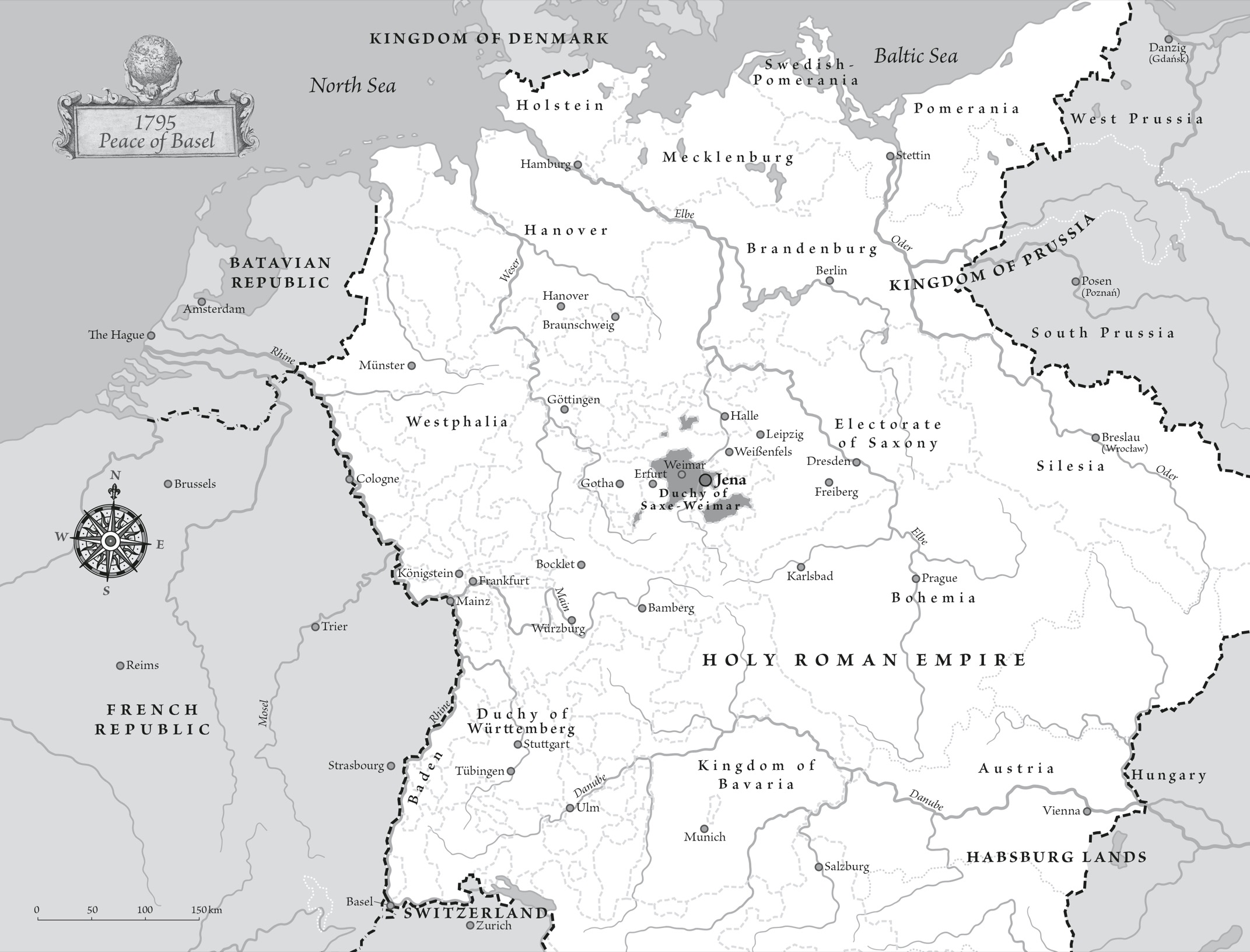Andrea Wulf - Magnificent Rebels: The First Romantics and the Invention of the Self
Here you can read online Andrea Wulf - Magnificent Rebels: The First Romantics and the Invention of the Self full text of the book (entire story) in english for free. Download pdf and epub, get meaning, cover and reviews about this ebook. year: 2022, publisher: Knopf, genre: Non-fiction. Description of the work, (preface) as well as reviews are available. Best literature library LitArk.com created for fans of good reading and offers a wide selection of genres:
Romance novel
Science fiction
Adventure
Detective
Science
History
Home and family
Prose
Art
Politics
Computer
Non-fiction
Religion
Business
Children
Humor
Choose a favorite category and find really read worthwhile books. Enjoy immersion in the world of imagination, feel the emotions of the characters or learn something new for yourself, make an fascinating discovery.
- Book:Magnificent Rebels: The First Romantics and the Invention of the Self
- Author:
- Publisher:Knopf
- Genre:
- Year:2022
- Rating:4 / 5
- Favourites:Add to favourites
- Your mark:
Magnificent Rebels: The First Romantics and the Invention of the Self: summary, description and annotation
We offer to read an annotation, description, summary or preface (depends on what the author of the book "Magnificent Rebels: The First Romantics and the Invention of the Self" wrote himself). If you haven't found the necessary information about the book — write in the comments, we will try to find it.
Make[s] the reader feel as if they were in the room with the great personalities of the age, bearing witness to their insights and their vanities and rages. Lauren Groff, New York Times best-selling author of Matrix
When did we begin to be as self-centered as we are today? At what point did we expect to have the right to determine our own lives? When did we first ask the question, How can I be free? It all began in a quiet university town in Germany in the 1790s, when a group of playwrights, poets, and writers put the self at center stage in their thinking, their writing, and their lives. This brilliant circle included the famous poets Goethe, Schiller, and Novalis; the visionary philosophers Fichte, Schelling, and Hegel; the contentious Schlegel brothers; and, in a wonderful cameo, Alexander von Humboldt. And at the heart of this group was the formidable Caroline Schlegel, who sparked their dazzling conversations about the self, nature, identity, and freedom.
The French revolutionaries may have changed the political landscape of Europe, but the young Romantics incited a revolution of the mind that transformed our world forever. We are still empowered by their daring leap into the self, and by their radical notions of the creative potential of the individual, the highest aspirations of art and science, the unity of nature, and the true meaning of freedom. We also still walk the same tightrope between meaningful self-fulfillment and destructive narcissism, between the rights of the individual and our responsibilities toward our community and future generations. At the heart of this inspiring book is the extremely modern tension between the dangers of selfishness and the thrilling possibilities of free will.
Andrea Wulf: author's other books
Who wrote Magnificent Rebels: The First Romantics and the Invention of the Self? Find out the surname, the name of the author of the book and a list of all author's works by series.

